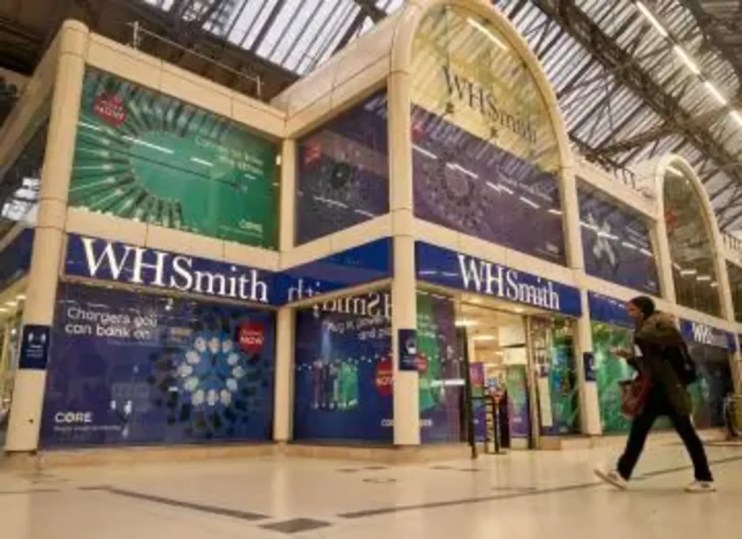Taxpayers and passengers hit by competition issues in railway station catering market, watchdog warns

A lack of competition in the railway station catering market is driving up costs for passengers and taxpayers, the rail watchdog has warned.
The Office for Rail and Road (ORR)’s six-month investigation found passengers are paying a 10 per cent price premium at stations compared to the high street.
Catering companies typically pay a fixed rent to station operators to occupy retail spaces, with a tendering process to compete for slots. Nearly half of all stations with a catering offering have only one outlet, making competition a crucial factor across the market.
But the ORR’s interim findings revealed those who run stations are “not sufficiently incentivised to invite competition for outlets,” finding that many stay in the same hands for extended periods because their leases are protected. Even when unprotected leases come up for renewal the most common practice is to roll over or extend the lease without open competition.
A mystery shopping exercise commissioned by the body also found some companies with a high street and railway station presence were moderating prices at stations due to reputational considerations, with retail prices in stations often lower than equivalent prices at motorway services or airports.
Will Godfrey, director, of economics, finance and markets at the ORR, said: “The railway station catering market isn’t working as effectively as it should be. More competition between companies to operate at stations would bring real benefits to passengers and taxpayers.”
“Because money earned from leases at stations ultimately makes its way back to those who operate railway stations and infrastructure, this is money that could be invested in improving services for passengers or reducing the need for taxpayer support.”
Station catering is the most common type of retail outlet in British railway stations and brought in a total revenue of around £700m in 2022-23. Station operators, which include rail companies and Network Rail, earned over £100m in rental income from leasing outlets for catering services in the same period.
Competition issues are also hitting the taxpayer, the ORR warned. Downward pressure on rents paid by catering companies to rail operators means the average Brit is footing a higher bill to keep the railway running.
“We will now work with the industry on the best way forward and will make recommendations on how the market needs to change, with the ultimate goal of improving value and outcomes for customers and funders of the railway,” Godfrey added.
A final report will be published by the regulator in June 2024 and the issues have not yet been referred to the Competition and Markets Authority (CMA).